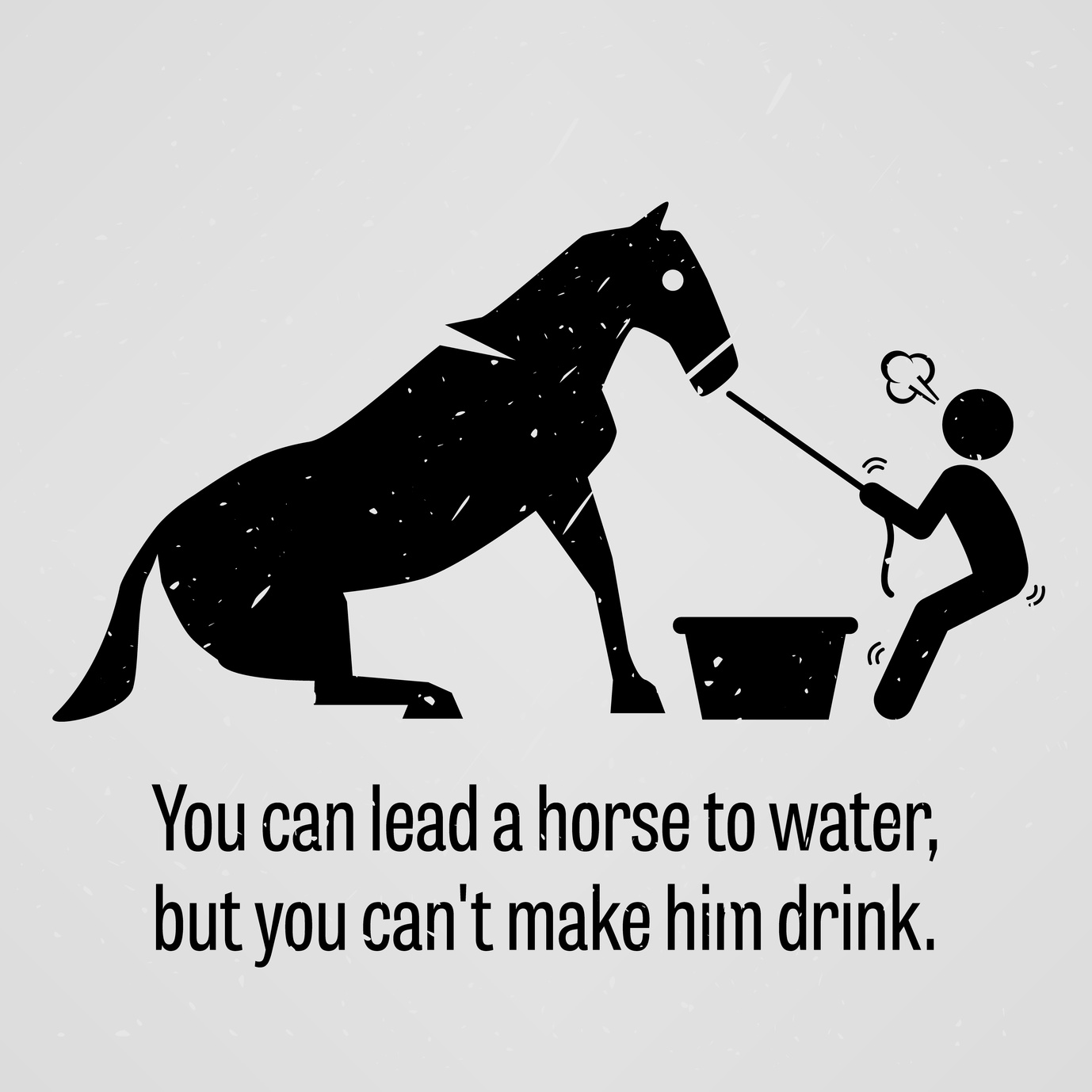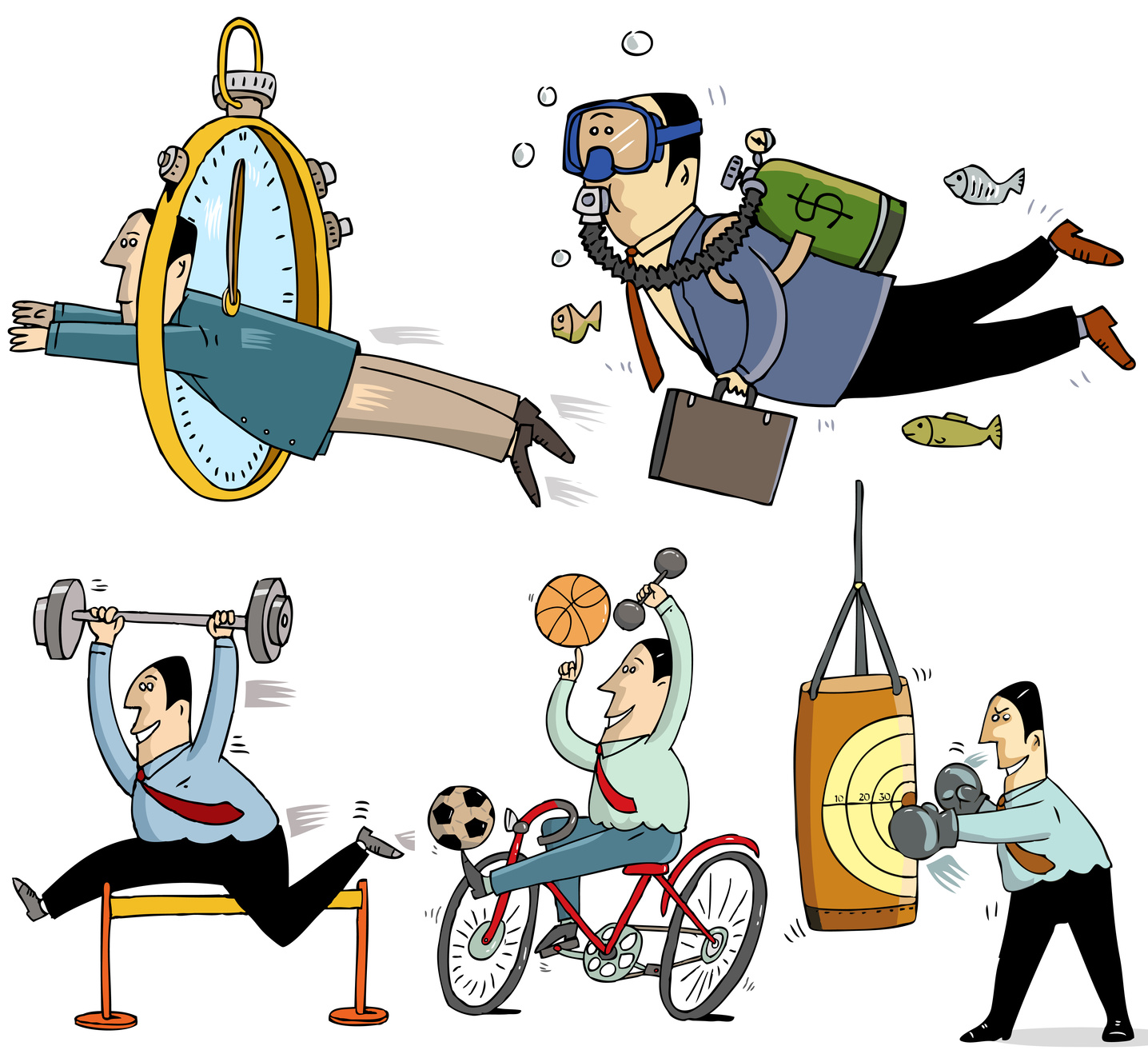 So here you are. The star performer. You did exceptionally well. May be you got some awards along the way. Seeing your Performance and Potential the management decided to promote you and now you are ‘The Manager’. You may have had ‘Manager’ title perhaps, but now you actually have the team to manage. ‘Is life going to be same’, you think to yourself with lot of excitement and some amount of anxiety.
So here you are. The star performer. You did exceptionally well. May be you got some awards along the way. Seeing your Performance and Potential the management decided to promote you and now you are ‘The Manager’. You may have had ‘Manager’ title perhaps, but now you actually have the team to manage. ‘Is life going to be same’, you think to yourself with lot of excitement and some amount of anxiety.
While excitement is completely understandable, is anxiety good? If it is, than how do you deal with it? More appropriately can you use anxiety as a force to establish yourself as a credible manager?
The answer to this question is YES you can.
As a manager and as a trainer who has trained people transition from individual contributor to a manager, my experience suggests that we can use this anxiety to transition ourselves as an effective and credible manager.
Here are 3 things I have seen successful first time managers use effectively.
Synonym to adaptability is flexibility. I have seen successful first time managers demonstrating this trait quite often. They adapt themselves to the new learning they need to do as manager, they adapt themselves to the new situations they face like chasing the group target, presenting and justifying team’s performance to seniors, communication with  the team etc.
the team etc.
One way you can develop this trait is by doing something regularly that you are not comfortable with. For example if you don’t like initiating a conversation on your own, try and do it at least once in a day or playing mobile games that are designed to develop flexibility of brain.
Here are the two situations.
Situation 1 : Your senior has called for a review. You urgently need data from your team. Will you demand it or command it?
Situation 2 : Your unit (You and your team) need to achieve a target given by the Organisation. Unless all the team members contribute, you know that meeting the targets will be difficult. Will you demand the performance or command it?
Successful managers understand the difference very well. For short and quick requirements when they are time pressed, they surely demand. Simultaneously they invest time in developing their team and command respect. This enables them to forge bonds, own targets as a team and achieve them with collective efforts and individual ownership.
Wondering how do you do it? The mantra : Listen (not hear) more, speak when necessary and be passionately involved in the process.
The successful first time managers demonstrate unusual ability of acting as a cushion between their team and their seniors. Let’s face it. You are likely to get some stretched targets (sometimes you may think they are too aspirational or impossible) with stiff deadlines. The usual tendency is to pass on the pressure as it is to the team. This can really break the cohesiveness of the team. Their excitement towards their work may disappear.
So how do the successful managers deal with it? They surely involve the team and pass on the message (in this case the stretched targets and stiff timelines) but only to extent that builds positive tension amongst team members that accelerates their efforts.
How can you develop this? Play physical games/activities that help you keep mind – body coordination well and hence respond to situations faster and in composed manner.
Here is a recap.
The three things successful first time managers follow are:
- Adaptability : They keep themselves flexible to be in different situations and learn from it.
- Demand vs Command : They earn their team’s respect and hence can command their teams.
- Cushion : They act as shock absorbers (pressure from top) and help team channelize energies for meeting individual and team objective.




Good blog. Useful for new managers
Nice transition of thoughts from anxious to managerial. I’ve only one addition, from being an individual contributor- one needs to see larger picture from being transactional. It helps synergies between all the aspects of the project & members of the team.